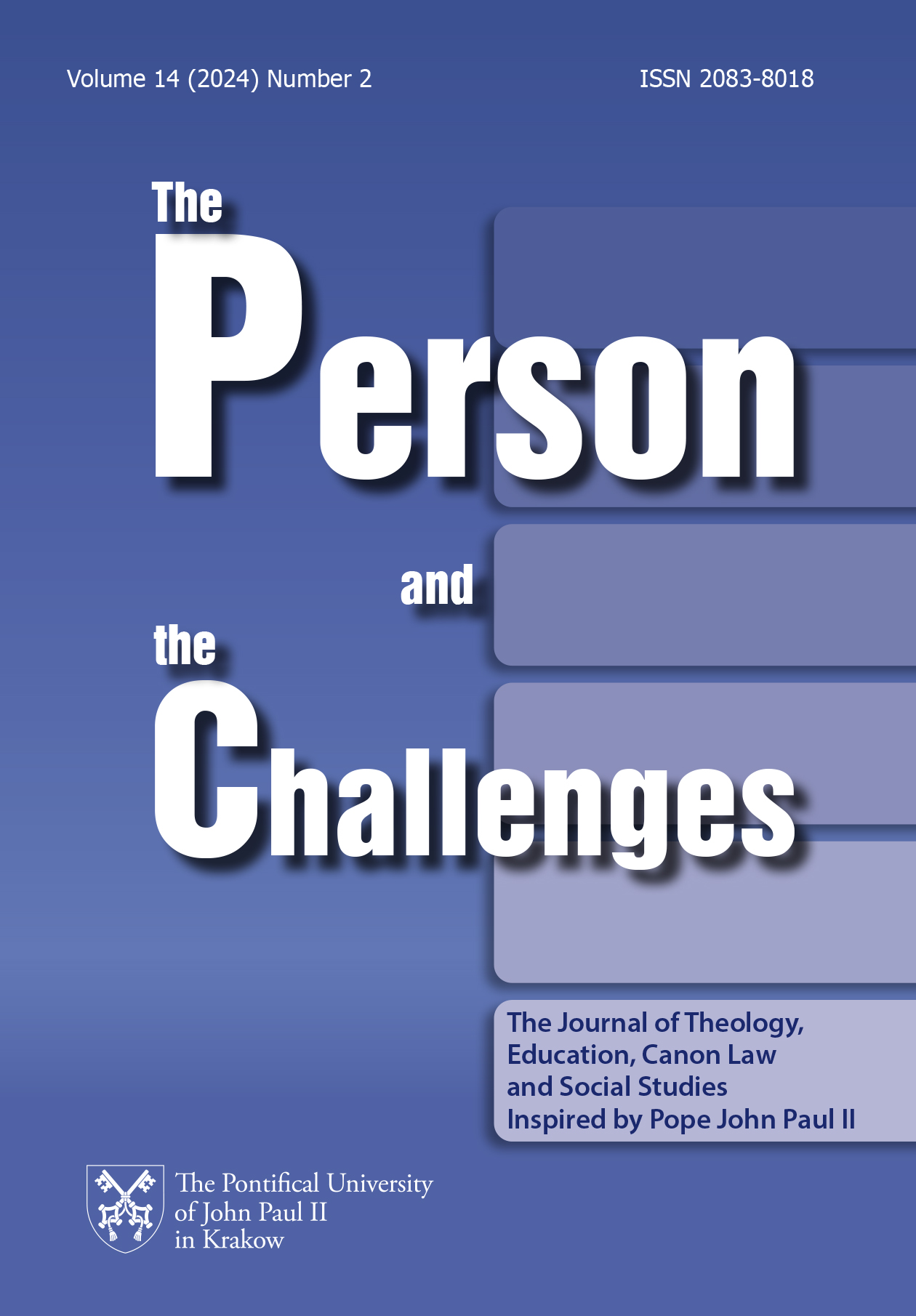Kant and Schopenhauer on the Ultimate Goal of Human Life
DOI:
https://doi.org/10.15633/pch.14205Keywords:
Goal of human life, I. Kant, A. SchopenhauerAbstract
Contemporary reflection concerning man focuses upon man as a being living only “here and now”, it is “short-termed” in character. In this paper, going against the current of this dominant tendency, I would like to show how interesting and important is the question about the ultimate goal of human life. In my considerations I refer to the thought of Immanuel Kant and Arthur Schopenhauer – two classical authors of modern philosophy – who still seem to exert a significant influence on the European culture. Even if in their systems they depart from similar assumptions, their conclusions concerning man are radically different: for Kant, every human being has unique value and is called to create “civil society”; for Schopenhauer every individual being (including man) is volatile and devoid of meaning and value. The question remains open as to whether the ultimate message of their philosophy can be still an inspiration for us today, or whether it already sounds rather strange and unfamiliar in confrontation with the spirit of modernity.
References
Bobko A., Kant i Schopenhauer. Między racjonalnością a nicością, Wydawnictwo Naukowe WSP, Rzeszów 1996.
Bobko A., Non Multa. Schopenhauers Philosophie des Leidens, Konigshausen & Neumann, Würzburg 2001.
Deneen P. J., Why Liberalism Failed, Yale University Press 2018.
Druchliński P., Moń R., Kobyliński A., Podrez E., Etyka a problem podmiotu, Wydawnictwo Naukowe Ignatianum, Kraków 2023.
Garewicz J., Schopenhauer, Wiedza Powszechna, Warszawa 1998.
Höffe O., Immanuel Kant, transl. by Marshall Farrier, State University of New York Press, Albany 1992.
Kant I., Critique of Judgement, transl. by Werner S. Pluchar, Hackett Publishing Company, Indianapolis — Cambridge 1987.
Kant I., Religion within the limits of reason alone, transl. by Theodore M. Greene, Hoyt H. Hudson, Harper & Row, New York 1960.
Kant I., Idea for a universal history from a cosmopolitan point of view, transl. by Lewis White Beck, in: idem, On history, The Bobbs-Merrill Co., Indianapolis 1963.
Schopenhauer A., The world as will and representation, transl. by E. F. J. Payne, Dover Publications, New York 1969, vol. I, II.
Schopenhauer A., Parerga und Paralipomena, in: Sämtliche Werke, Bd. IV, Suhrkamp, Frankfurt a. M 1986.
Downloads
Published
Issue
Section
License
Copyright (c) 2024 Aleksander Bobko

This work is licensed under a Creative Commons Attribution 4.0 International License.
Authors who publish with this journal agree to the following terms:
- Authors retain the copyright and full publishing rights without restrictions, and grant the journal right of first publication with the work simultaneously licensed under a Creative Commons Attribution 4.0 International License that allows others to share the work with an acknowledgement of the work's authorship and initial publication in this journal.
- Authors are able to enter into separate, additional contractual arrangements for the non-exclusive distribution of the journal's published version of the work (e.g., post it to an institutional repository or publish it in a book), with an acknowledgement of its initial publication in this journal.
- Authors are permitted and encouraged to post their work online (e.g., in institutional repositories or on their website) prior to and during the submission process, as it can lead to productive exchanges, as well as earlier and greater citation of published work (See The Effect of Open Access).

